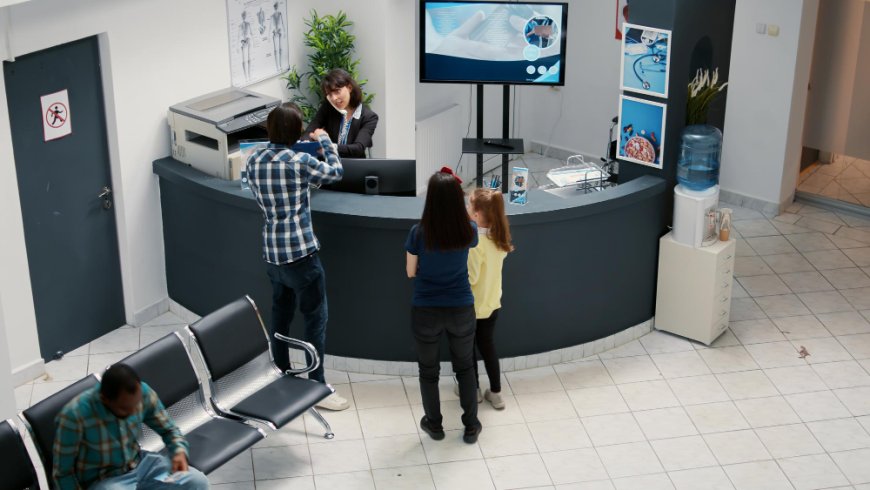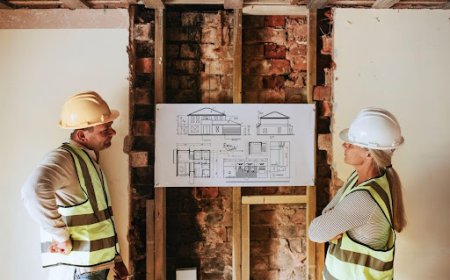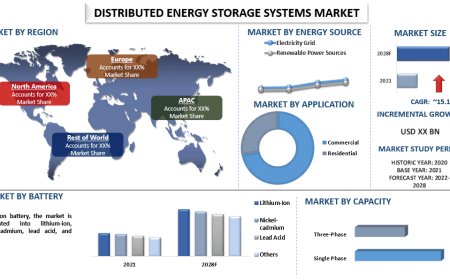Do Hospital Rooms Have Cameras During Surgery Recovery?

For many patients and their families, the question do hospital rooms have cameras during surgery recovery? is one rooted in both concern and curiosity. Surgical procedures are inherently high-stress experiences. The thought of being monitored via camera in your recovery space may seem intrusive but on the flip side, it can provide added safety and timely intervention when complications arise. In this article, we'll explore how video monitoring is used in postoperative care, why hospitals implement it, and what it can mean for patient experience and safety.
1. Enhancing Patient Safety
Hospitals prioritize patient well-being above all else. During the fragile period of recovery after surgery, complications such as respiratory distress, bleeding, or sudden changes in vital signs can occur. This leads many to ask, do hospital rooms have cameras for monitoring these conditions? In select recovery areas like step-down units or intensive care units (ICUs) some facilities employ cameras to allow continuous visual surveillance. These cameras enable medical staff to detect subtle signs of distress such as a patient's struggle to breathe without waiting for an alarm to sound. In many cases, early detection via camera monitoring has supported quicker response times, potentially saving lives and improving outcomes for patients.
2. Technology Meets Remote Patient Monitoring
Advancements in healthcare technology have made remote patient monitoring a reality. Hospitals are increasingly integrating networked cameras into broader patient monitoring systems. So, do hospital rooms have cameras as part of this trend? The answer is yes but primarily under controlled and secure conditions. Cameras in recovery rooms can stream secure video feeds to central nursing stations, allowing healthcare professionals to oversee multiple patients simultaneously. This centralized setup frees up nursing staff from constant bedside presence, without compromising the quality of care. When paired with alarms triggered by heart-rate or breathing irregularities, integrated camera systems help nurses evaluate situations visually before rushing into the roomreducing unnecessary disturbance and conserving resources.
3. Privacy, Consent, and Regulations
One of the most common concerns regarding do hospital rooms have cameras is patient privacy. After all, recovery is a vulnerable time, and many may worry about whats being recorded and who has access. Hospitals address these concerns through robust privacy policies. Video surveillance in recovery areas is typically governed by stringent protocols:
-
Cameras are positioned to monitor general activity not to capture private moments or sensitive care procedures.
-
Only authorized personnel can view footage, and usually on a need-to-know basis.
-
Many institutions require informed consent from patients or their guardians before activating cameras in individual rooms.
Legal regulations such as HIPAA in the United States set standards to ensure patient data and video feeds remain confidential. Most hospitals conducting camera monitoring during recovery periods adhere strictly to these rules to remain compliant.
4. Hospital Reputation and Quality Control
Some healthcare facilities use cameras during recovery not merely for real-time monitoring but also for training, documentation, and quality improvement. Given the question do hospital rooms have cameras this context is relevant too. Reviewing footage from recovery rooms can help identify opportunities for improving post-surgical care, communication, and safety protocols. However, such reviews are generally internal and anonymized to prevent any violations of patient privacy. When managed correctly, this approach can elevate the standard of care and reinforce a culture of continuous improvement.
5. Encouraging Transparency and Trust
When patients are informed about camera use in their recovery areas, it can foster trust. Imagine being aware that a camera is keeping you safer at night. Many appreciate this extra layer of oversight. To balance transparency with sensitivity, hospitals often:
-
Clearly explain where cameras are located.
-
Assure patients that no audio is recorded.
-
Emphasize the cameras are tools to ensure rapid intervention not to intrude on dignity.
By openly addressing these topics, the question do hospital rooms have cameras during surgery recovery? turns from a hidden concern into a positive safety feature.
6. Integrating Third?Party Security Solutions
For hospitals expanding their video monitoring systems, working with expert vendors is essential. This is where Cam Security Surveillance LLC comes in. As a trusted provider of Commercial Security Camera Installation, we specialize in HIPAA?compliant setups tailored to healthcare settings. Our solutions streamline installation, ensure secure data handling, and seamlessly integrate with nursing station systems. At Cam Security Surveillance LLC, we understand the sensitivity around camera use in recovery rooms and design each system to address security, privacy, and compliance.
7. Finding Professional Assistance
If you are part of a healthcare organization exploring enhanced camera monitoring for post-operative safety, its essential to partner with vendors experienced in medical environments. Searching for professional security camera installation near me ensures you connect with specialists familiar with clinical protocols and hospital workflows. These professionals understand how to position cameras for optimal monitoring without disruptive intrusion and ensure integration with existing patient care system
You may also read this: how to install security cameras outside
Conclusion
So, do hospital rooms have cameras during surgery recovery? The answer is yes under specific, controlled conditions. Used responsibly, camera monitoring enhances patient safety, supports staff efficiency, and aids quality improvement, all while respecting privacy through clear consent and compliance. When implemented thoughtfully especially with the help of a qualified team like Cam Security Surveillance LLC video surveillance in recovery areas offers a powerful layer of protection and reassurance.
For healthcare administrators and facility managers seeking professional security camera installation near me, contact us. Our tailored solutions deliver secure, effective camera integration designed to improve patient safety and operational excellence. Feel free to contact us at Cam Security Surveillance LLC to discuss how we can support the needs of your surgical recovery units.






































